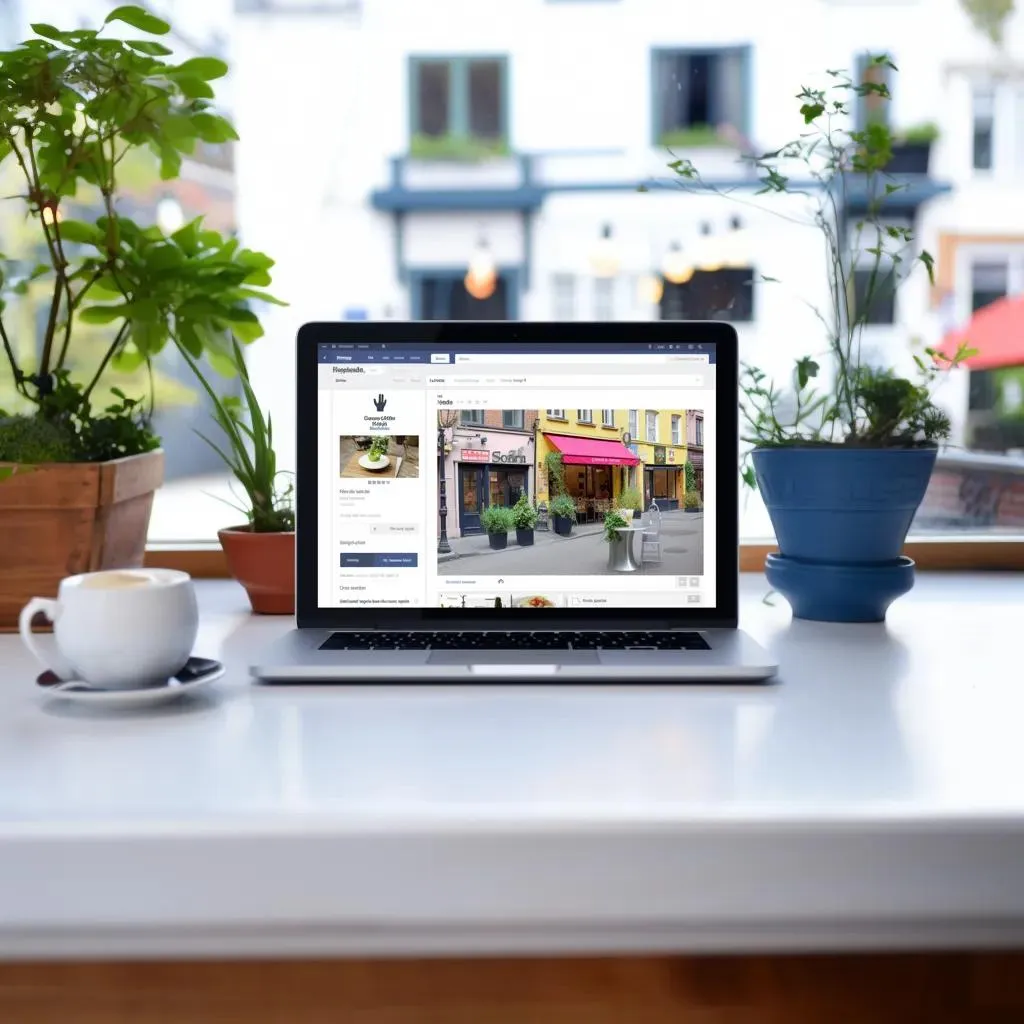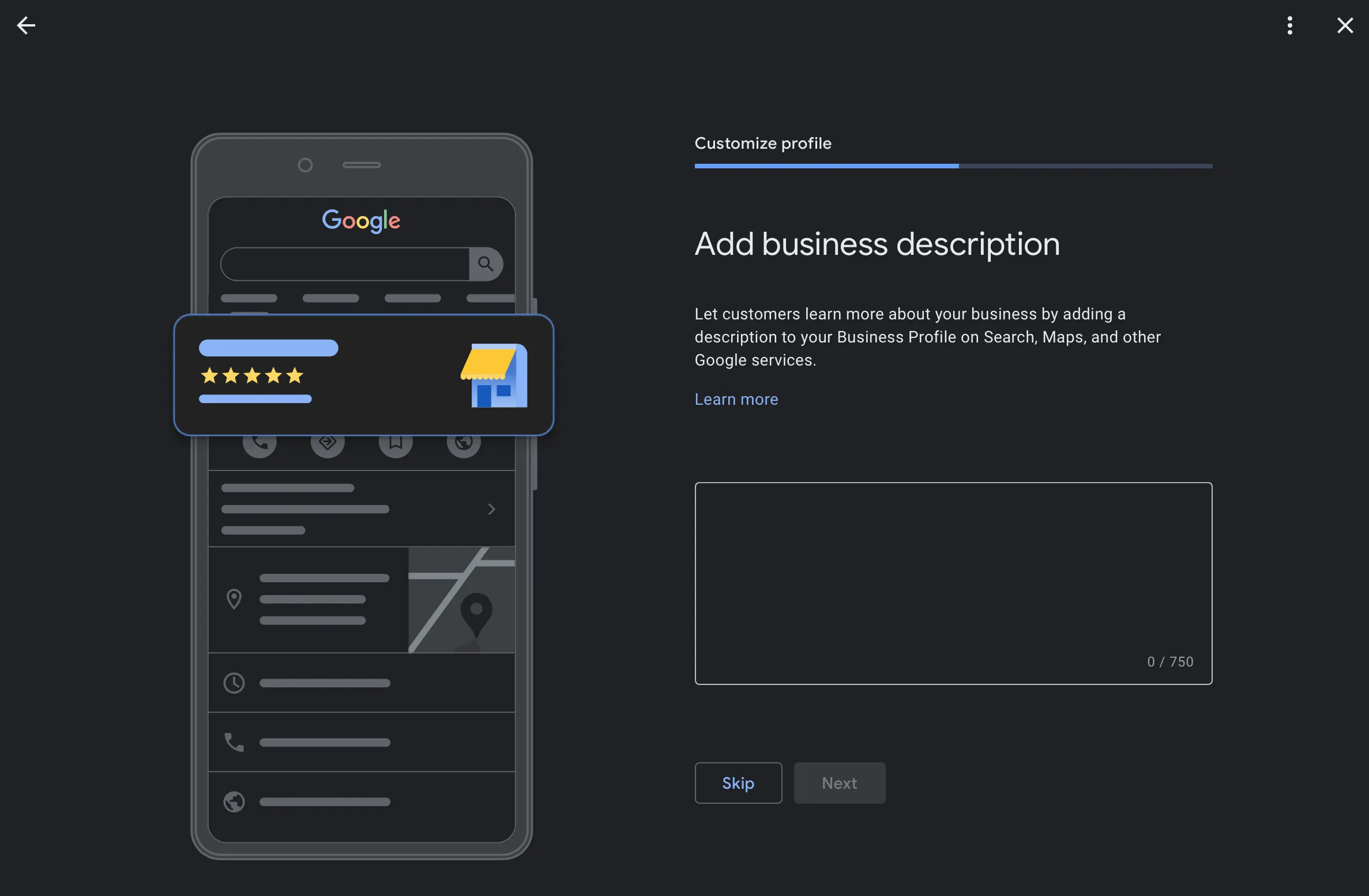
Local SEO
The Power of Facebook Advertising for Local Businesses
Crank up your local business's online success with Facebook Advertising! Discover the benefits and targeting strategies for effective local marketing. Plus, get a free consultation with UPFRONT MKTG to kickstart your Facebook Advertising journey.
In today's digital age, advertising your local business has never been easier and more effective than with Facebook Advertising. This powerful tool can help you reach the right people at the right time, all while staying within your budget. In this blog post, we'll break down the benefits of Facebook Advertising for local businesses, show you how to target your audience effectively, and delve into the details of each targeting method. No jargon, just straightforward information to help your business thrive.
Benefits of Facebook Advertising for Local Businesses:
Cost-Effective Marketing
Traditional advertising can be expensive, but Facebook Advertising allows you to set your own budget. You decide how much you want to spend daily or over a longer period. This flexibility ensures that you're not breaking the bank.
Precise Audience Targeting
With Facebook's targeting options, you can reach your ideal customers based on demographics, interests, behaviors, and even their location. For local businesses, this means you can focus on people in your area who are more likely to become your customers.
Increased Brand Visibility
Facebook has billions of active users, and by advertising on the platform, you're putting your business in front of a massive audience. This increased exposure can help boost brand awareness in your local community.
Measurable Results
Facebook provides detailed insights into the performance of your ads. You can see how many people saw your ad, clicked on it, or took the desired action (like making a purchase or signing up for your newsletter). This data helps you fine-tune your advertising strategy for better results.
Ways to Target Your Audience on Facebook:
Location Targeting
What is Location Targeting?
Location targeting allows you to specify where your ads will be shown. You can select a specific radius around your business, target a city or region, or even exclude certain locations.
Pros and Cons of Location Targeting
Pros:
- Local Relevance: It's ideal for local businesses, as you can focus exclusively on people near your physical store or service area.
- Cost-Efficiency: Ads are shown to users who are more likely to visit your store since they're geographically close.
- Competitive Advantage: You can outperform national advertisers when targeting local customers.
Cons:
- Limited Reach: If your business is looking to expand beyond your immediate vicinity, this targeting can be restrictive.
- Potential Oversaturation: In densely populated areas, targeting a small radius may lead to ad fatigue if users see your ads too frequently.
Demographic Targeting
What is Demographic Targeting?
Demographic targeting allows you to define your audience based on characteristics like age, gender, education level, relationship status, and more.
Pros and Cons of Demographic Targeting
- Pros:
- Precise Audience Definition: You can tailor your ads to specific demographics that align with your customer profile.
- Relevance: Ensures that your ads are shown to people who are more likely to be interested in your products or services based on demographics.
- Budget Control: You can optimize spending by focusing on demographics with the highest conversion rates.
- Cons:
- Potential Exclusion: Narrow targeting may exclude potential customers who don't fit the defined demographics but could still be interested.
- Overlooking Niche Markets: Overly broad targeting within demographics might miss valuable niche segments within your audience.
Interest-Based Targeting
What us Interest-Based Targeting?
Interest-Based Targeting allows you to reach potential customers on Facebook based on their interests, hobbies, and activities they engage with on the platform. This method leverages the data Facebook collects about user behavior and engagement.
- Relevance: Interest-Based Targeting ensures your ads are shown to users who have expressed an affinity for topics related to your products or services. For example, if you run a local fitness center, you can target people interested in fitness and healthy living.
- Engagement: Your ads are more likely to resonate with users who are passionate about the interests you're targeting, increasing the likelihood of engagement and conversion.
- Niche Audience Reach: Interest-Based Targeting can help you tap into specific niches within your broader market, allowing you to connect with a highly targeted audience.
Pros and Cons of Interest-Based Targeting
- Pros:
- Relevance to user interests
- Increased engagement potential
- Ability to reach niche audiences
- Cons:
- Limited precision for highly specialized products or services
- High competition for popular interests may result in higher advertising costs
Behavioral Targeting
What is Behavioral Targeting?
Behavioral Targeting lets you reach users based on their online behavior and actions, such as their shopping habits, device usage, and past interactions on Facebook. This method taps into Facebook's vast data pool to deliver your ads to users exhibiting specific behaviors.
- Behavioral Insights: Behavioral Targeting provides insight into users' online habits, making it easier to target potential customers based on their past actions. For example, if someone has been searching for hiking gear, you can show them ads for your local outdoor equipment store.
- High Intent Audiences: You can target users who have shown behaviors indicating they're ready to make a purchase or take a specific action, increasing the likelihood of conversions.
Pros and Cons of Behavioral Targeting
- Pros:
- Utilizes user behavior data
- Reaches users with high purchase intent
- Can be highly effective for product-specific campaigns
- Cons:
- Privacy concerns may lead to ad-blocking or negative sentiment
- Highly specific behaviors may result in a smaller audience pool
Custom Audiences
What are Custom Audiences?
Custom Audiences involve uploading your existing customer data, such as email addresses or phone numbers, to Facebook. The platform then matches this data to Facebook users, allowing you to target your existing customer base or create lookalike audiences.
- Re-Engagement: Custom Audiences enable you to re-engage with your existing customer base and encourage repeat business by showcasing relevant offers or promotions.
- Lookalike Audiences: You can create new audiences based on the characteristics of your existing customers, expanding your reach to users who share similarities with your best customers.
Pros and Cons of Custom Audience Targeting
- Pros:
- Effective for customer retention
- Lookalike audiences can help you find new, similar customers
- Targeting based on established customer data
- Cons:
- Handling customer data requires careful compliance with privacy regulations
- Requires an established customer database, which might not be an option for new businesses
Ad Scheduling
What is Ad Scheduling?
Ad Scheduling allows you to control when your ads are displayed to your target audience. You can specify days and times for maximum impact, ensuring that your ads are seen when your audience is most active and likely to convert.
- Optimized Timing: With Ad Scheduling, you can display ads during hours when your target audience is most active or likely to take the desired action, such as making a purchase or filling out a contact form.
- Budget Management: Ad scheduling helps you allocate your budget efficiently by focusing your advertising efforts on peak times, minimizing spending during less productive hours.
Pros and Cons of Using Ad Scheduling
- Pros:
- Ensures your ads are seen at the most opportune times
- Helps optimize budget allocation
- Can improve ad performance by targeting specific time frames
- Cons:
- Restricting ad display to specific times may limit exposure to potential customers who are active during off-hours
- Requires ongoing monitoring and adjustment of ad schedules based on performance data
By understanding and effectively utilizing these Facebook Advertising targeting methods, you can tailor your campaigns to reach the right people at the right time, ultimately boosting your local business's success. Whether you choose Interest-Based Targeting, Behavioral Targeting, Custom Audiences, or Ad Scheduling, each method offers unique advantages that can be harnessed to achieve your advertising goals.
Facebook Advertising is a game-changer for local businesses. It offers cost-effective marketing, precise audience targeting, increased brand visibility, and measurable results. By using Facebook's various targeting options strategically, you can ensure that your message reaches the right people in your local community. So, why wait? Start using Facebook Advertising today to take your local business to the next level.
If you're a small business owner looking to leverage Facebook Advertising but aren't sure where to start, UPFRONT MKTG is here to help. We offer a free consultation to provide guidance on your marketing strategy, including Facebook Advertising. Contact us today, and let's work together to boost your business's online presence and success.
Don't miss out on the opportunities Facebook Advertising can bring to your local business. Reach out to UPFRONT MKTG to get started on your journey towards a more successful online marketing campaign.



